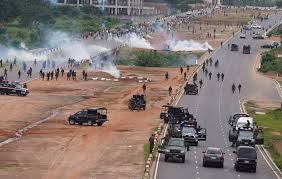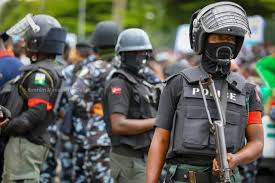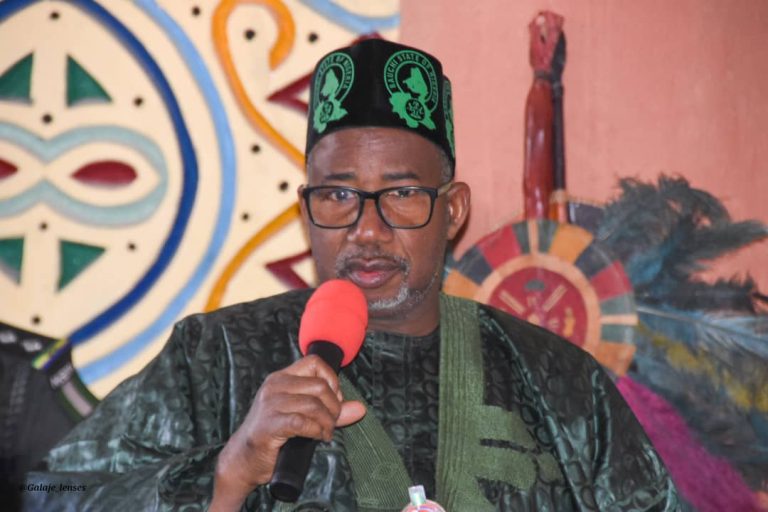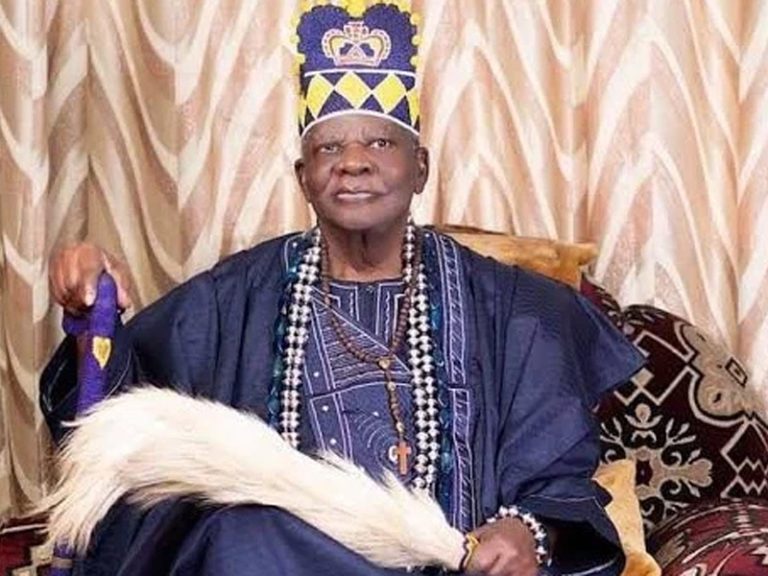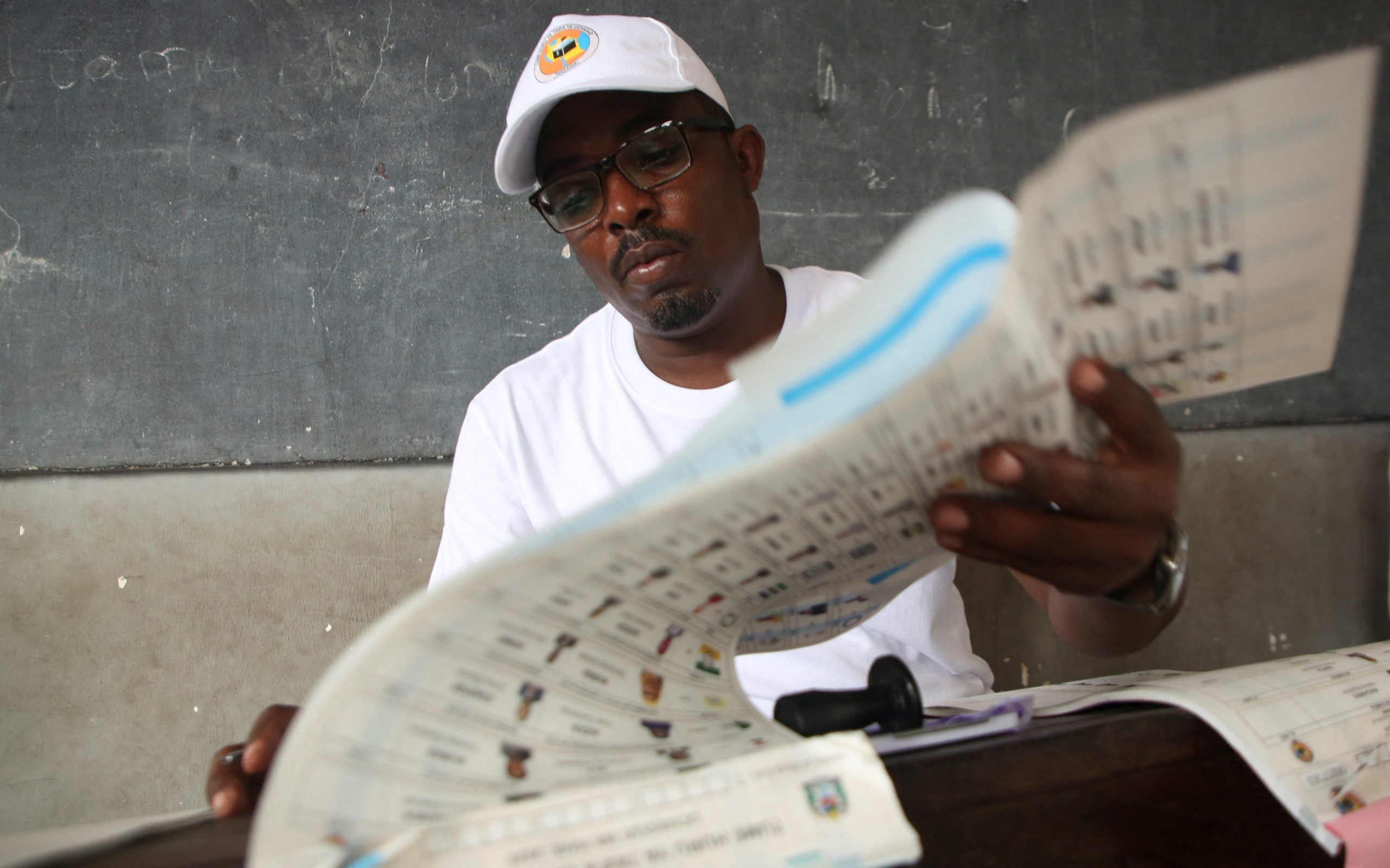
After 60 days of vigorous nationwide campaigning, Tanzanians are casting their ballots on Wednesday to choose the next President of the United Republic, Members of Parliament, and councillors. With 17 presidential candidates to choose from, the ballot paper offers a wide array of visions and promises for the country’s future. As voters weigh their options, the spotlight falls on who these candidates are, what they’ve said on the campaign trail, and how they intend to reshape Tanzania’s future.
Samia Suluhu Hassan – Chama Cha Mapinduzi (CCM)
Incumbent President Samia Suluhu Hassan has asked voters to trust the continuity of her reform path.
She has urged citizens to build on the momentum achieved since she assumed leadership in 2021, saying her administration opened space for dialogue, strengthened diplomacy, and restored confidence among development partners.
At one rally, she said, “Our work has only just begun. We must finish what we started, ensuring water, health, education, and jobs reach every household.”
She has promised to employ thousands of teachers and medical workers within the first 100 days and complete the rollout of national health insurance to protect vulnerable groups without discrimination.
On governance, she has repeatedly emphasised structured reconciliation, noting, “A nation moves forward when people talk, not when they shout at one another.”
Gombo Samandito Gombo – Civic United Front (CUF)
Gombo has taken a bold stance on social welfare and equality.
He insists public resources must directly lift citizens out of hardship. At a rally in Pemba, he proclaimed, “Education is a right, not a privilege. From nursery to university, every child will learn for free because Tanzania cannot afford to waste talent.”
His manifesto promises universal free healthcare and a complete overhaul of the pension system.
Calling the current formula punitive, he told supporters, “A retiree should enjoy dignity, not debt.”
He also proposes guaranteed employment or government-backed self-employment initiatives for youth, with a single digital tax to simplify compliance and reduce corruption.
Kunje Ngombale Mwiru – AAFP
Mwiru emphasises constitutionalism and agricultural transformation.
He frames governance failures as a problem of obedience rather than legal deficiency.
“The Constitution is clear,” he said, “but leaders bend the law to suit themselves. Under AAFP, government will obey the law without negotiation.”
His agricultural plan includes mechanisation, ward-level laboratories, and timely distribution of seeds and fertiliser to end unreliable harvests.
He stresses equal land rights and insists women must be central to rural development, saying, “When a woman owns land, the whole family rises.”
Hassan Almas – NRA
Almas has run a low-cost campaign centred on moral authority and peace.
He often reminds supporters that leadership must never come through chaos or intimidation.
“God first, the people second, and the Commission third,” he stated after submitting his nomination papers.
He urges Tanzanians to prioritise harmony, adding, “No ambition is worth breaking this country’s peace.”
Coaster Kibonde – Chama Makini
Kibonde appeals strongly to struggling youth and families.
His signature pledge, Care Makini, aims to deliver universal health insurance fully funded by the state.
At a rally in Tabora, he said, “Healthcare must not depend on the weight of your wallet but the beating of your heart.”
He promises every young person five acres for mechanised agriculture and the means to cultivate it, aiming to turn rural Tanzania into a hub of profitable agribusiness.
Doyo Hassan Doyo – NLD
Doyo has built his reputation as an austerity warrior.
He shocked many when he arrived to collect nomination forms in a bajaji, symbolically rejecting state extravagance.
“Leadership is not a luxury club,” he told supporters.
He plans to auction high-end government vehicles immediately and cap spending on officials’ cars at TSh30 million ($12,166), including for the presidency.
He also vows free maternal care and policy reforms to ensure hospitals cannot retain bodies over unpaid bills. His refrain: “Every shilling saved must go to the people.”
Abdallah Kadege – UPDP
Kadege calls land ownership the gateway to freedom and wealth, promising policies that enable every family to secure productive land.
He insists citizens cannot be empowered if bureaucracy or elites own everything. “The first capital of a poor person is land,” he said.
On media freedom, he added, “The press must reach and speak for those in the margins — even where there is no highway.”
Majaliwa Kyara – SAU
Kyara urges voters to consider the link between farming practices and public health.
He argues strongly against heavy chemical inputs, warning, “We are feeding diseases to our children.”
He also advocates curriculum changes aligned with industrial employment and youth-driven industry clusters that supply national and regional markets.
David Mwaijojele – CCK
Mwaijojele has struck a chord among public servants with his pledge that all government workers should retire to the comfort of their own homes, financed through a combined contribution scheme.
“A worker must leave service with dignity, not rent arrears,” he told a rally in Iringa.
He insists such a model will also free up employment opportunities for younger Tanzanians waiting to enter the labour market.
Mazrui Alfphan – UMD
Alfphan proposes deeper decentralisation of education management.
He advocates for regional governments to run nurseries, primary, and secondary schools, while the Union prioritises universities and national industries.
“Regional empowerment means real accountability. Services improve when those responsible live with the people they serve,” he said.
He envisions a revitalised National Service driving large-scale industrial production through youth skills programmes.
Wilson Elias Mulumbe – ADC
Mulumbe promises to restore public infrastructure and revive shuttered state industries that once powered the economy.
“We are tired of investors who buy factories only to kill them,” he declared.
He pledges free healthcare, free electricity connections, and a complete renovation of police housing facilities.
His campaign is anchored in reversing what he sees as the damaging consequences of careless privatisation.
Haji Khamis – NCCR-Mageuzi
Khamis presents corruption as the single largest threat to Tanzania’s development.
He accuses successive leaders of ignoring damning findings by the Controller and Auditor General.
On stage in Tanga, he said, “CAG reports are not fairy tales, they are confessions of theft. Under my leadership, those names will not collect pensions — they will collect charges.”
He also pledges legal frameworks to ensure factories give employment priority to local youth.
Salum Mwalimu – Chaumma
Mwalimu speaks to workers who feel left behind by economic growth.
He vows to increase the net minimum wage to Sh800,000 and restore discipline in public service.
“Tanzanians are tired of leaders who remember problems only when they want votes,” he told supporters.
His solution to food security includes modernising agriculture and stabilising produce prices so farmers can earn predictably.
Saum Hussein Rashid – UDP
Rashid has adopted a simple message: citizens must have cash in their pockets.
She insists that growth on paper does not change lives unless wealth spreads to households.
“Development must first be felt at home — in the money parents use to buy food and school items,” she said during a rally in Mbeya.
She promises rapid expansion of agro-processing regions to ensure farmers profit, not struggle.
Yustas Mbatina Rwamugira – TLP
Rwamugira focuses on economic reforms that make hospitals functional and sustainable.
“A nation that cannot treat its sick cannot claim to be developing,” he argued.
He also promises access to three daily meals for every citizen and affordable credit for small entrepreneurs to boost grassroots commerce.
Abdul Juma Mluya – DP
Mluya campaigns on strong social sector reforms, promising free childbirth services in every health facility and curriculum modernisation to prepare youth for a technology-driven world.
“The dignity of a nation begins with how it treats mothers and teachers,” he insists.
He pledges better salaries and structured motivation for civil servants.
George Bussungu – ADA-TADEA
Bussungu brands his campaign as a digital revolution, claiming Tanzania must become a producer — not merely a consumer — of new technologies.
“If data is the new gold, then every Tanzanian must have a mine,” he declared.
He also proposes subsidised 20 kilogrammes of cooking gas per month for low-income families to cut household energy costs and protect forests.
